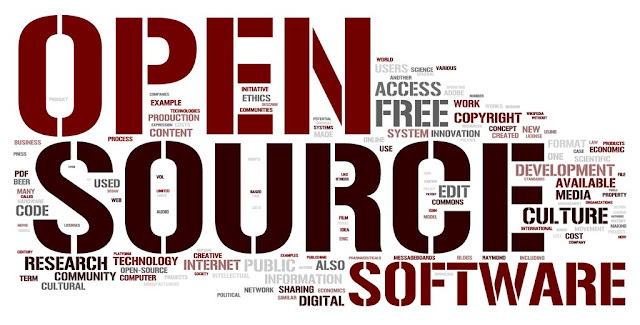Our list of 5 best video editors garnered much support from you readers, so much so that it is still trending as one of the most read article we've ever published. Now, we've a powerful new candidate which would easily make it into that list. Shotcut is a relatively new, free and open source, cross-platform video editor for Linux.
Shotcut Video Editor for Linux with 4K Support
From its humble beginnings several years ago, Shotcut is one of those apps that just kept on getting better with each new release, the latest version being 15.07 (denoting the month and year of the release). The biggest addition to Shotcut video editor for this new version is full 4K UHD support.
Also, Shotcut video editor is multi-platform. Different packages for Linux, Windows and OS X are available. For Linux, officially supported distros include Mint 12+, Ubuntu 12.04+, Debian 7+, Fedora 15+, openSUSE 12+, Arch and Manjaro Linux. Downloads here. [thanks to my good friend and reader aashiks for tipping us]
Shotcut Video Editor for Linux with 4K Support
From its humble beginnings several years ago, Shotcut is one of those apps that just kept on getting better with each new release, the latest version being 15.07 (denoting the month and year of the release). The biggest addition to Shotcut video editor for this new version is full 4K UHD support.
As the developer notes, "Shotcut has been able to do 4K for a while now if you made a custom video mode or correctly use automatic mode. However, there were a few things we wanted to do before making it official. First, you really need to be using a 64-bit build, and we delivered that for Windows in the previous release. For this release, we added 4K video modes to the Settings menu and extended our support for Blackmagic Design 4K SDI & HDMI devices".Shotcut 15.07 also comes with 5 new audio and video filters. These new 'old film' video effects can be considered as toy filters. "The film grain effect does not try to emulate any real film stock, and the Technocolor filter does not try to faithfully reproduce the 20th century Technicolor processes. It merely intends to approximate the look.", writes Dan Dennedy in his blog post. The article goes on to further discuss about the other prominent changes & improvements to Shotcut in this new release. Full feature list can be found here.
Also, Shotcut video editor is multi-platform. Different packages for Linux, Windows and OS X are available. For Linux, officially supported distros include Mint 12+, Ubuntu 12.04+, Debian 7+, Fedora 15+, openSUSE 12+, Arch and Manjaro Linux. Downloads here. [thanks to my good friend and reader aashiks for tipping us]

